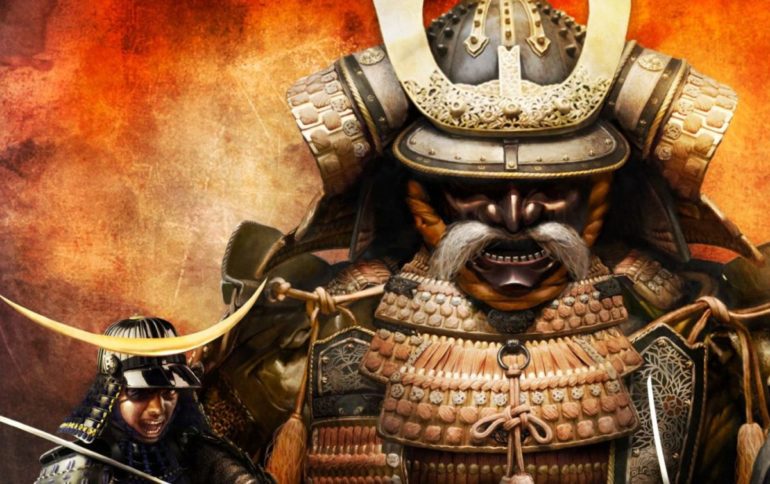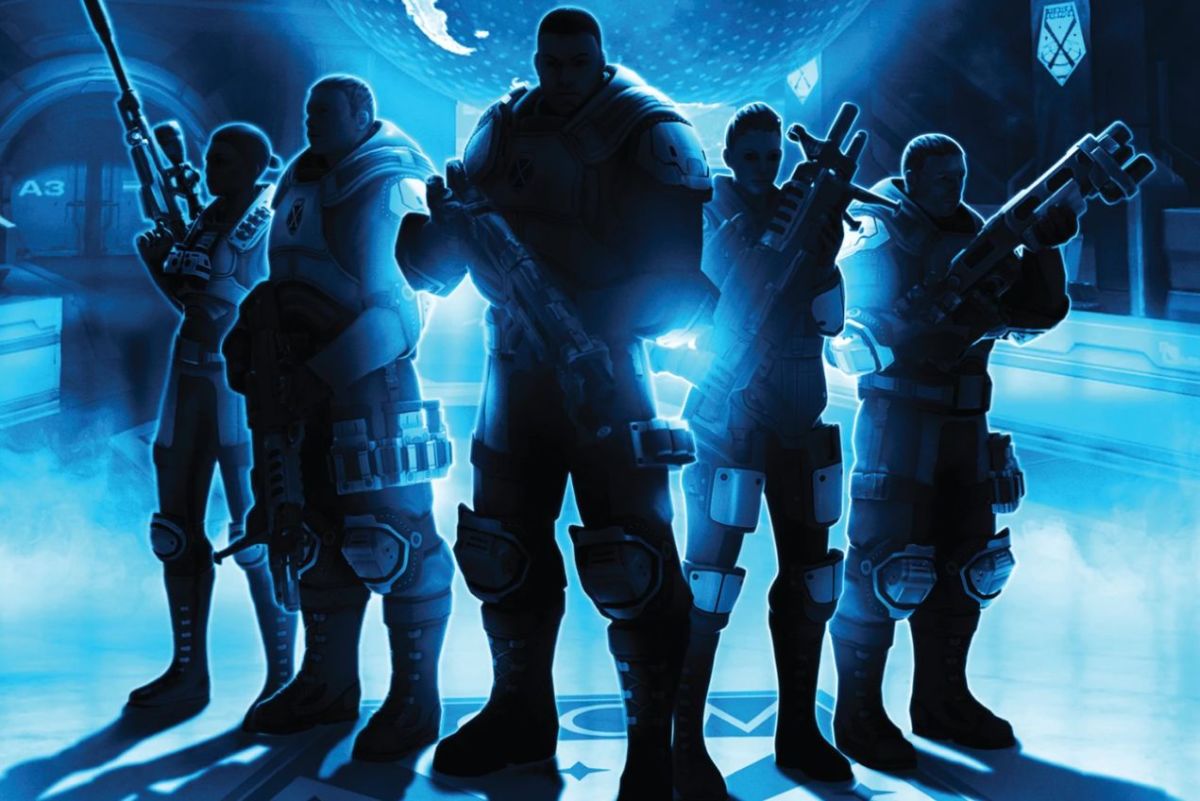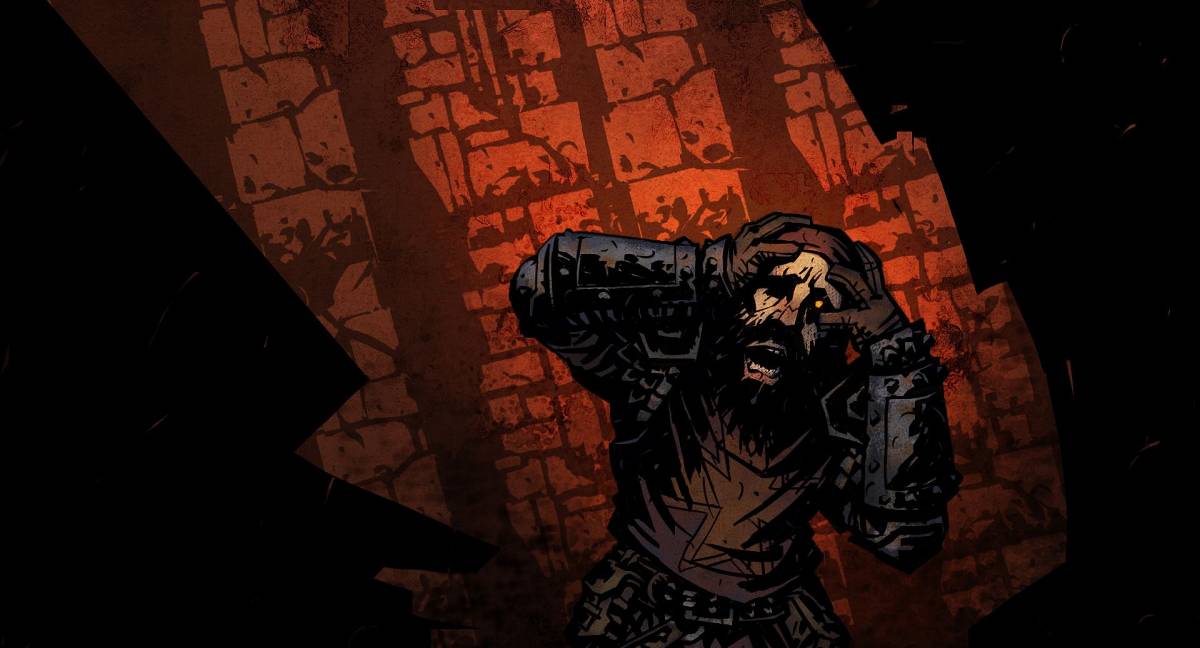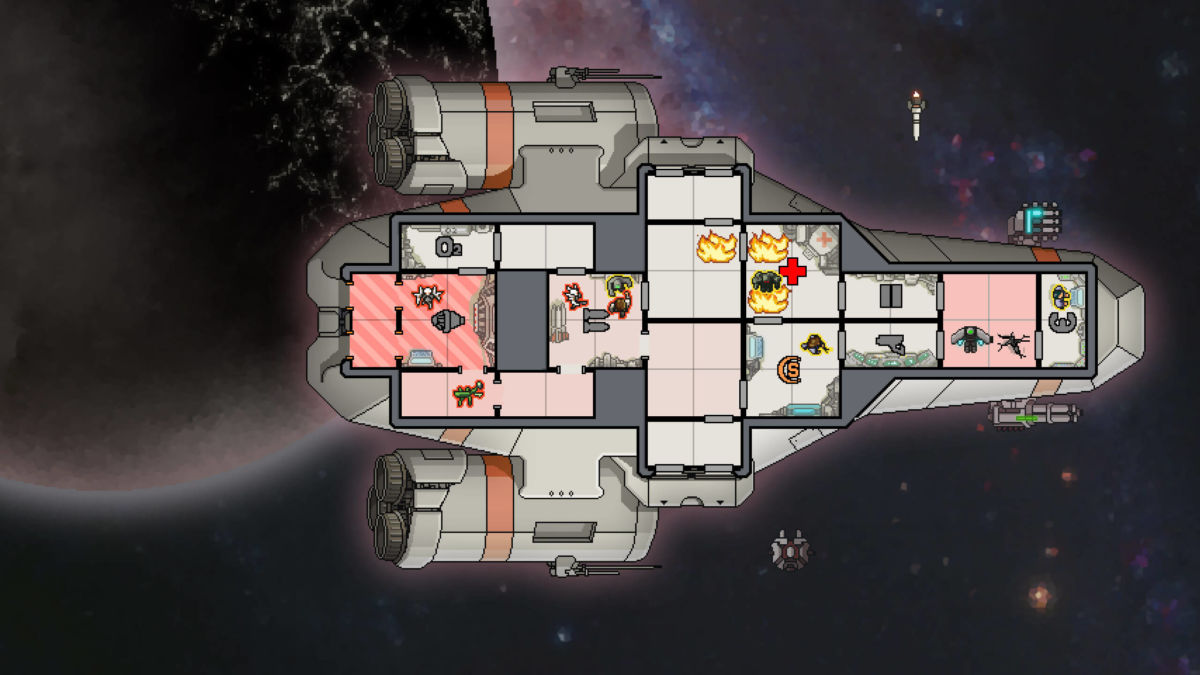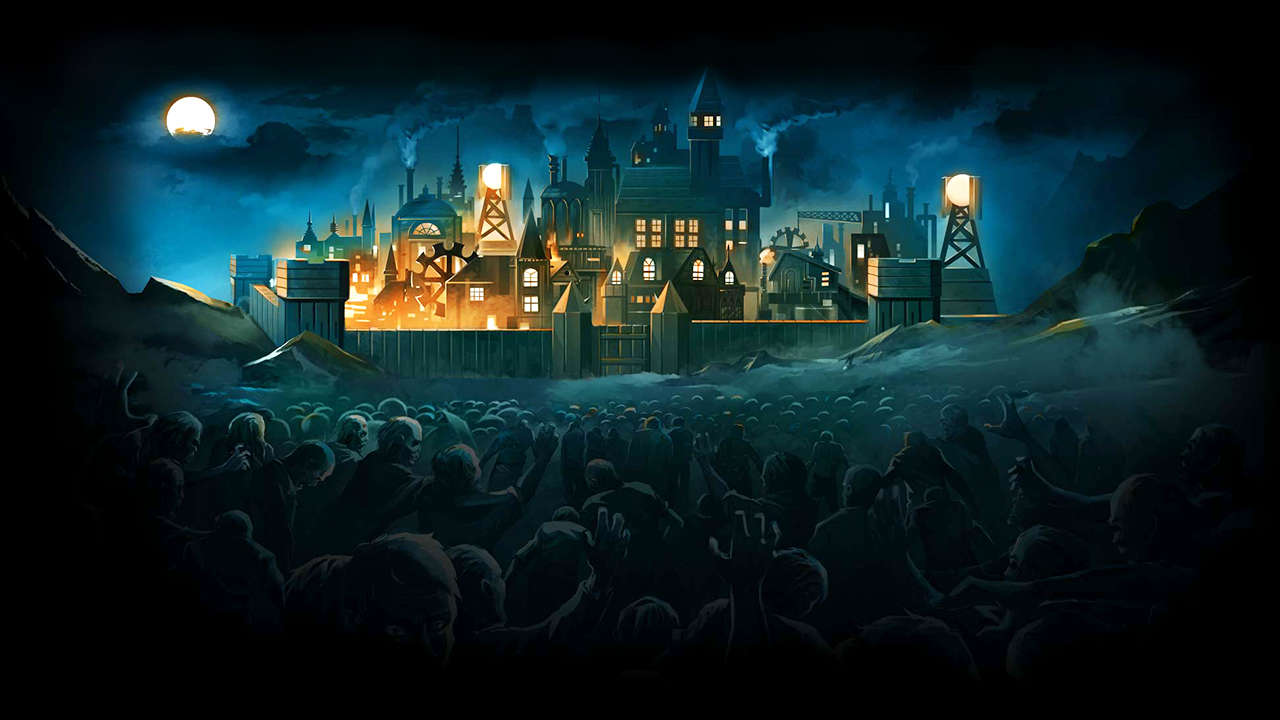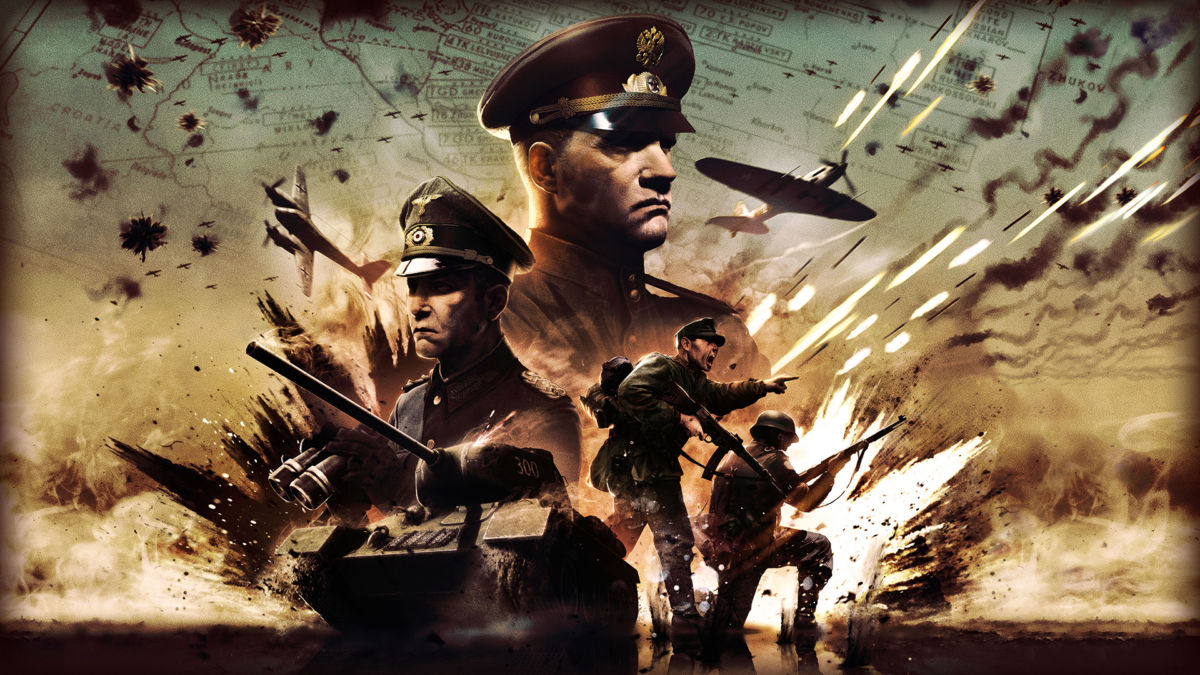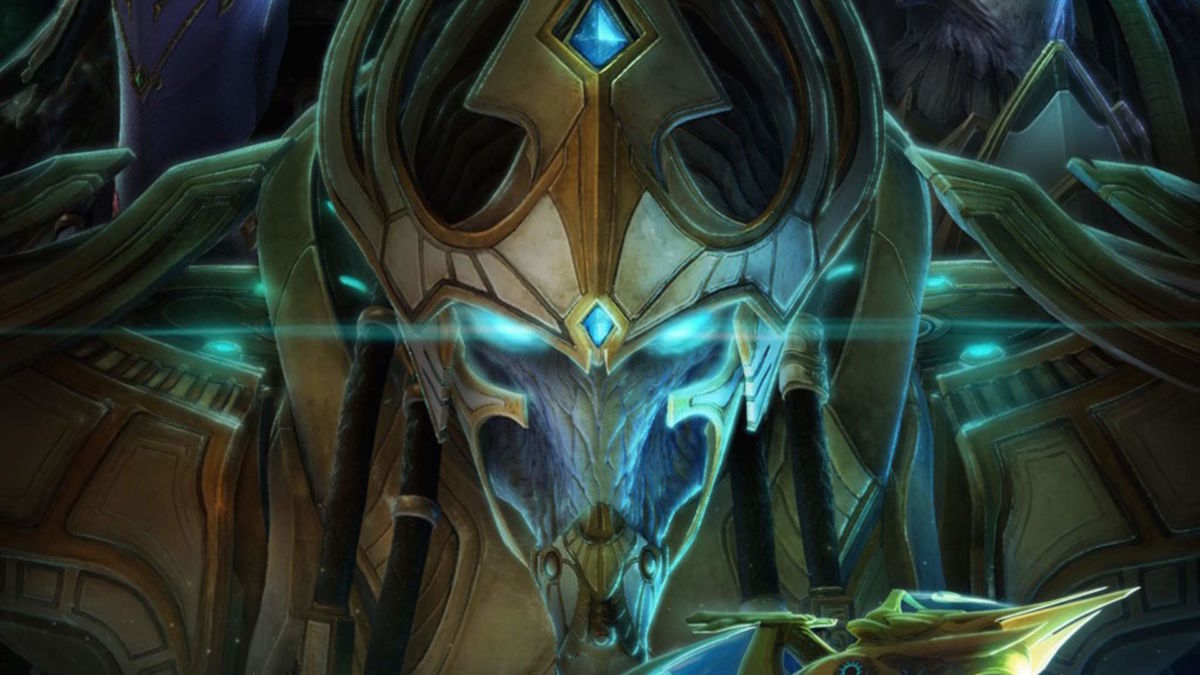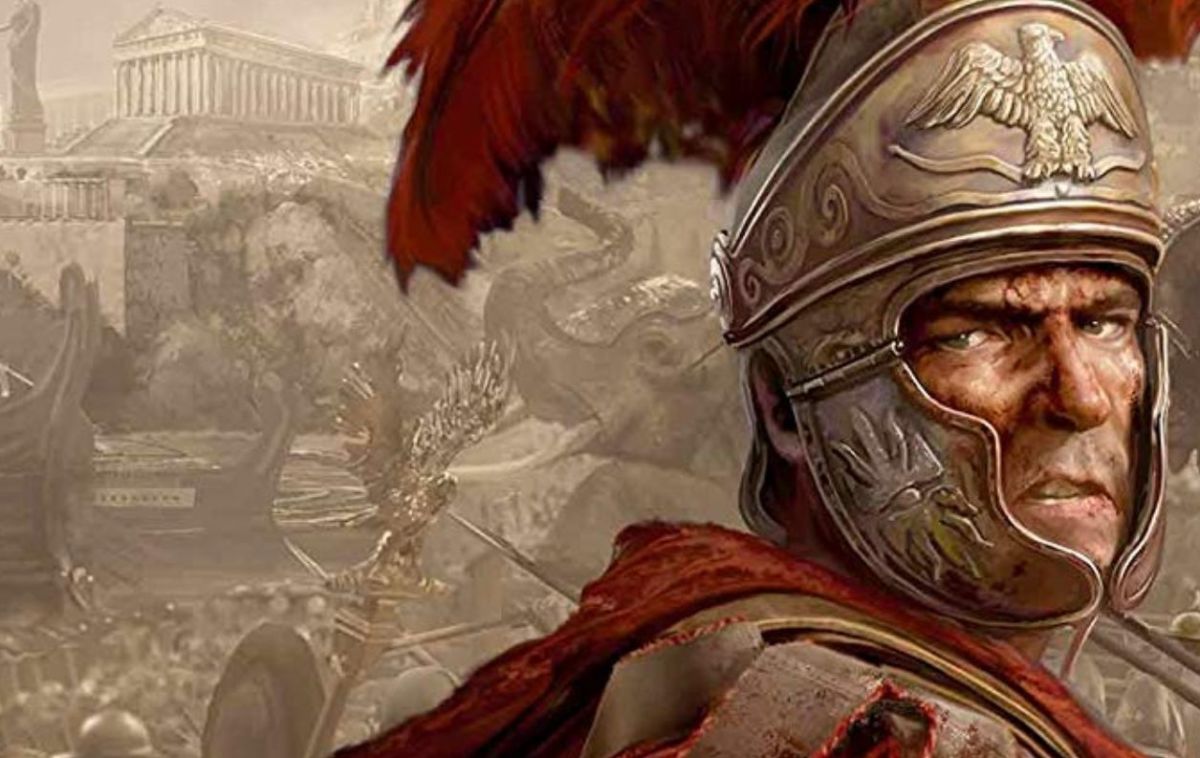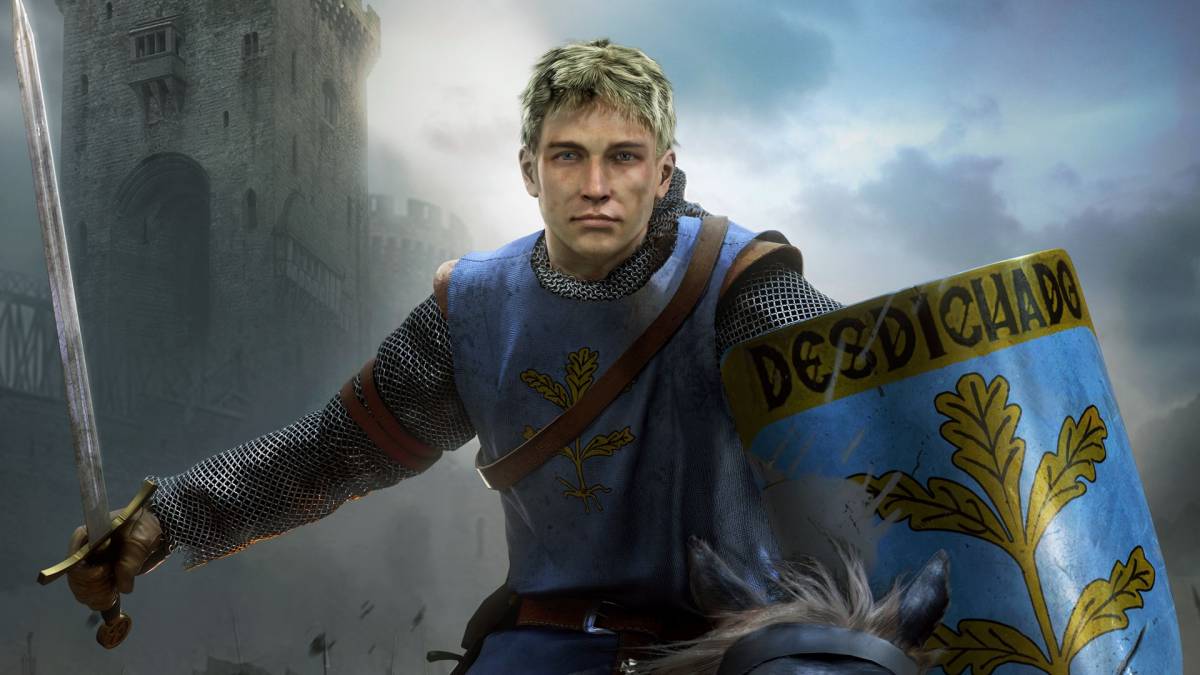Strategy games are an ever-changing genre that branches off and evolves into many other sub-genres.
Some have been broadly influential, changing the industry and its relationship to strategy gaming forever, while others have been more influential on a smaller scale. Others have been so influential that they have successfully monopolized the market and effectively made all competition or alternatives pointless.
With the start of a new decade, now is the perfect time to take a look at some of the most influential strategy games of the last ten years. Here’s what we think the best strategy games ever made are, too.
XCOM: Enemy Unknown (2012)
To start the list off, XCOM: Enemy Unknown is arguably the most prolific and influential game in modern strategy gaming. Though the series officially started in 1994, Firaxis’ modern take has successfully elevated the series to juggernaut status. With the release of XCOM 2, it seems that this powerhouse series shows little sign of slowing down.
The main elements that make this game influential are its effective combination of turn-based tactics gameplay with narrative-driven role-playing, wide customization options, overall good AI, and most importantly challenging and deep tactical decision-making. I’ve argued in a previous article on how strategy games could evolve with one of my core arguments pointing to the flexibility and compatibility of the strategy genre with a huge variety of other genres. XCOM does this incredibly well, maintaining mechanical focus on engaging tactical battles, while at the same time providing plenty of opportunities for role-playing and many hours of gameplay with an interesting narrative that contextualizes the player’s decision-making.
A broad range of customization options, including mod support, emphasizes the role-playing elements of XCOM, while the challenging AI lends itself to making tactical decision-making both more complex and visceral. These features in XCOM have inspired many other games, with some examples including Into the Breach, Phoenix Point, Phantom Doctrine, Warhammer 40K: Mechanicus, and the upcoming Empire of Sin.
It won’t be surprising to see either a new iteration of the XCOM series from Firaxis and/or many more games inspired by it in the coming years.
Darkest Dungeon (2016)
Darkest Dungeon is quickly becoming another powerhouse strategy game and now a series with last year’s announcement of an upcoming sequel. In some ways, it takes some inspiration from the XCOM series, but lately has distinctly come into its own. The main factors defining its influence are the combination of role-playing dungeon crawling and turn-based tactical combat to create a war simulator, a unique aesthetic, and the nature of its successful development process.
Darkest Dungeon on the surface may seem like a role-playing game with a deep narrative, but it actually leans more on the strength of its core gameplay loop over a long, difficult, and grindy campaign. It has a simple narrative and an incredible aesthetic that helps set the grim mood, but also does not distract the players from what’s important – the deliberate and slow process of taking back land from eldritch horrors, where the lives of individual characters matters little as long as the war effort continues at a steady pace.
Arguably, though, the most influential element of Darkest Dungeon is its successful use of the Steam Early Access development process seen in games like Battle Brothers and Ultimate General: Civil War. Some games influenced by Darkest Dungeon are: Iratus: Lord of the Dead, Warsaw, Deep Sky Derelicts, and Slay the Spire.
FTL (2012)
FTL has been the most influential indie roguelike strategy game that further invigorated interest in indie or smaller budget titles. Though the roguelike genre has been around for a long time, FTL popularized the roguelike and strategy game combo, which has blossomed in recent years and shows no sign of slowing down. The game has also been influential not only on the strategy market, but on the industry as a whole as FTL’s release led to an explosion of indie titles of various kinds.
The greatest strengths of FTL that lend to its influence is how it focuses on the single player experience and personalizing every run or playthrough for each player. No two runs will ever be the same, even if players start with the same conditions every start. This allows for effective emergent story-telling, which creates a more visceral experience despite FTL’s simple and minimalistic narrative.
The two most influential elements of FTL, alongside its visceral emergent story-telling, are its difficulty and extensive replayability due to a huge variety of unlocks and procedurally generated maps with random events. As a result, FTL has influenced a wide variety of roguelike and strategy games, such as Crying Suns, Dungeon of the Endless, Abandon Ship, Renowned Explorers, March of the Living, Convoy, Battle Brothers, and Bad North.
They Are Billions (2017)
One of the most recent games to be included on this list, They Are Billions has been quite a hit as it combines elements of classic RTS, survival, and tower defence games. Though survival strategy games aren’t necessarily new (Total War: Attila in 2015 being one of the first high profile strategy games to focus on survival), They Are Billions has included a popular theme of zombie survival, which lends to a lot of the game’s strength.
They Are Billions’ survival strategy theme works incredibly well even without multiplayer. I would argue that the game’s single player focus elicits emergent storytelling due to the desperate conditions players find themselves in. It also helps that They Are Billions has its own campaign mode, which contextualizes the players’ experience, decisions, and emotions in a greater in-universe context.
Moreover, the core gameplay loop of high-tension gameplay, as well as the challenge of trying to last as long as possible, makes the game dynamic and memorable. Time will tell how long They Are Billions’ influence will last as there haven’t been too many games to follow in its suit with only Conan: Unconquered and the recently announced Starship Troopers: Terran Command being the most notable.
Wargame and Steel Division series (2012-)
The last decade has seen the consolidation as well as the faltering of the classic RTS genre with little innovation and competition from various developers and publishers. Eugen Systems started out as a developer of classic RTSs like the Act of War series, but this innovative French developer has shown itself to be creative and forward thinking in approaching strategy gaming. The failure of Act of Aggression (Eugen’s attempt at a classic RTS revival after the final Wargame installment) has proven and solidified the massive potential influence of the Wargame and its successor, the Steel Division series.
There is an argument to be made that RUSE (Eugen’s game before the Wargame series) should be on the list; however, I feel RUSE had many elements that led to the faltering of the classic RTS. Because Eugen Systems is a relatively small developer and their outreach is small compared to the behemoths that are Activision-Blizzard or EA, who have made strategy games in the past, it’s hard to judge the extent of Wargame and Steel Division’s influence, but I wanted to include it on the list as I think these series hold potential to revitalize and evolve the RTS genre. Similar to They Are Billions, it’s still too early to tell what influence these games will have on the strategy genre.
The primary features that make Wargame and Steel Division so influential are the large-scale combat, lack of base-building, excellent balance between skill-based tactical gameplay and strategic thinking, and the attention to customization, detail, and historical inspiration if not accuracy. In a nutshell, these two series reiterate the classic RTS by leaving out or refocusing the attention on units and player decision-making, rather than economics. Any historical knowledge and inspiration aides the thematic strength of the games as well. Only now are we seeing games directly inspired by Wargame and Steel Division, including Cold War Game, Broken Arrow, and the fan led Project Field Warning.
Starcraft II (2010)
Starcraft and the other “Craft” strategy games from Blizzard requires no introduction as they are the most popular, or at least well-known, strategy games in the video game industry. Starcraft II has both kept the classic RTS genre afloat and simultaneously ended it at the start of the 2010s. There are other classic strategy games that are now seeing re-releases, like Age of Empires II, but SC II is the only high-profile evolution to an established franchise.
Its release and subsequent influence on the strategy genre is somewhat counter-intuitive. Starcraft II is such a well-known game with a high-profile company developing it that the game has, in effect, eliminated all the competition, as it’s difficult for any developer to rival Starcraft or other heavy hitter RTS games. There are several other series and games that have had a similar effect, but before getting to them it’s important to mention the games that Starcraft did influence: Command and Conquer (now mostly defunct and in limbo), Age of Empires (re-master and sequel resurgence), Company of Heroes, Grey Goo, and the Wargame plus Steel Division series.
Total War series (Starting with Rome 2, 2013)
A fellow household name to Starcraft that has revolutionized strategy gaming since its conception has catapulted into the highest tier of strategy games with the launch of Total War: Rome 2, which has now become a sleeper hit in Creative Assembly’s massive roster of games.
The main strengths of the Total War series are the combination of turn-based strategy with real-time tactical combat, and with more recent games, the infusion of role-playing elements, like character equipment and character-driven narratives. The latest foray into fantasy and dramatized history with both Warhammer and Three Kingdoms respectively has shown how influential on the strategy market Total War has become.
Following its classic RTS counterpart, the Total War series as a whole has a similar effect on the market as Starcraft, in that it is such a unique and prolific series that there have been very few competitors or challengers. Some games that were influenced by the series are: Age of Wonders series (loose influence), Star Wars: Empire At War (loose influence), and King Arthur: The Role-Playing Wargame with the most direct connection to the Total War series.
Paradox Grand Strategy Games (Starting with Crusader Kings 2, 2012)
Paradox Interactive, just like Creative Assembly, have carved out a niche and unique approach to strategy games with their real-time focus on grand strategy and foregoing any serious on the tactical engagements or decisions. As a result, Paradox grand strategy games have unparalleled scale and complex mechanics, with Europa Universalis 4, Crusader Kings 2, and Stellaris being some of the highlights in the series.
Emergent story-telling isn’t just limited to indie titles like FTL. With Crusader Kings 2 especially, Paradox leaned more heavily on role-playing in their grand strategy game approach. One could even argue that CK 2 was less a strategy game and more of an adventure role-playing game with elements of grand strategy. Though other Paradox grand strategy games focused less on characters as the drivers of visceral gameplay, their sandbox nature would still provide enough potential for player-driven narrative. This role-playing focus carried over into most recent Total War series.
On the whole, just like the Total War series and Starcraft, the Paradox strategy games have been so influential that they have taken control of their specific niche, with barely any competitors attempting to challenge Paradox. The only game somewhat related to Paradox’s success is 2019’s Field of Glory: Empires, though it also draws inspiration from the Total War series.
Civilization series (specifically 5, 2010)
Looking at the 4X sub-genre of strategy games, the king of influence here is the Civilization series from Firaxis with Civilization 5 creating a long-term influencing effect on the entire market.
The major elements of Civilization’s influence are the large time-scale and the careful balance and interaction of technology, society, combat, resources, and player-decision-making. In essence, Civilization tries its best to cover all the major elements of human history and model them as a linear progress towards a definitive end point. However, most games following in Civilization’s footsteps would primarily focus on the military side of the series.
This strategy series has had an opposite effect compared to Starcraft, Total War, and Paradox in that Civilization’s influence has been so prolific that the market has been oversaturated with 4X strategy games to the point that its influence has become more muted, than felt. Some highlights amongst the mass of these games are: Sins of a Solar Empire: Rebellion, Endless Legend, Sword of the Stars, and Galactic Civilizations 3.
Some of the coverage you find on Cultured Vultures contains affiliate links, which provide us with small commissions based on purchases made from visiting our site.
